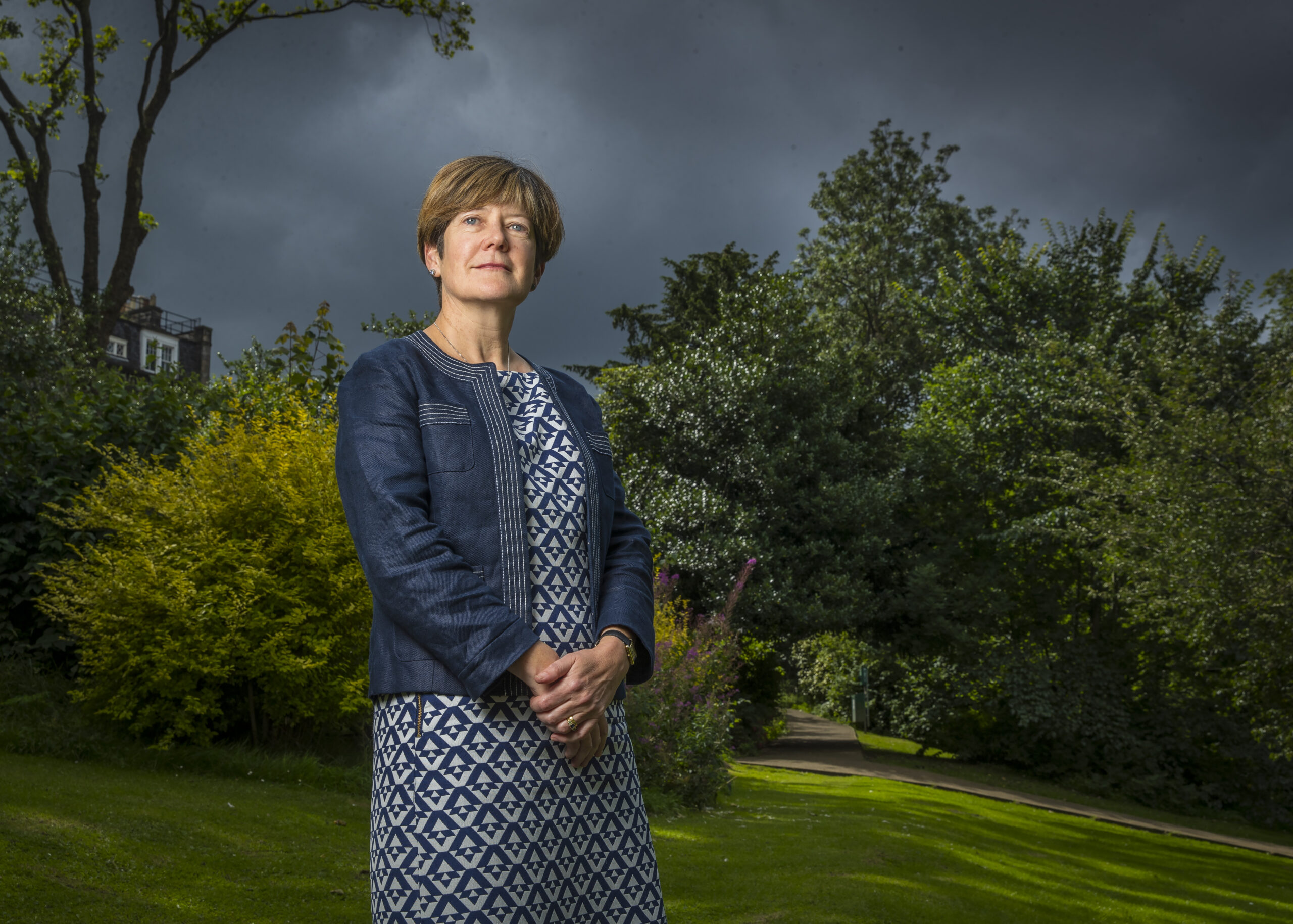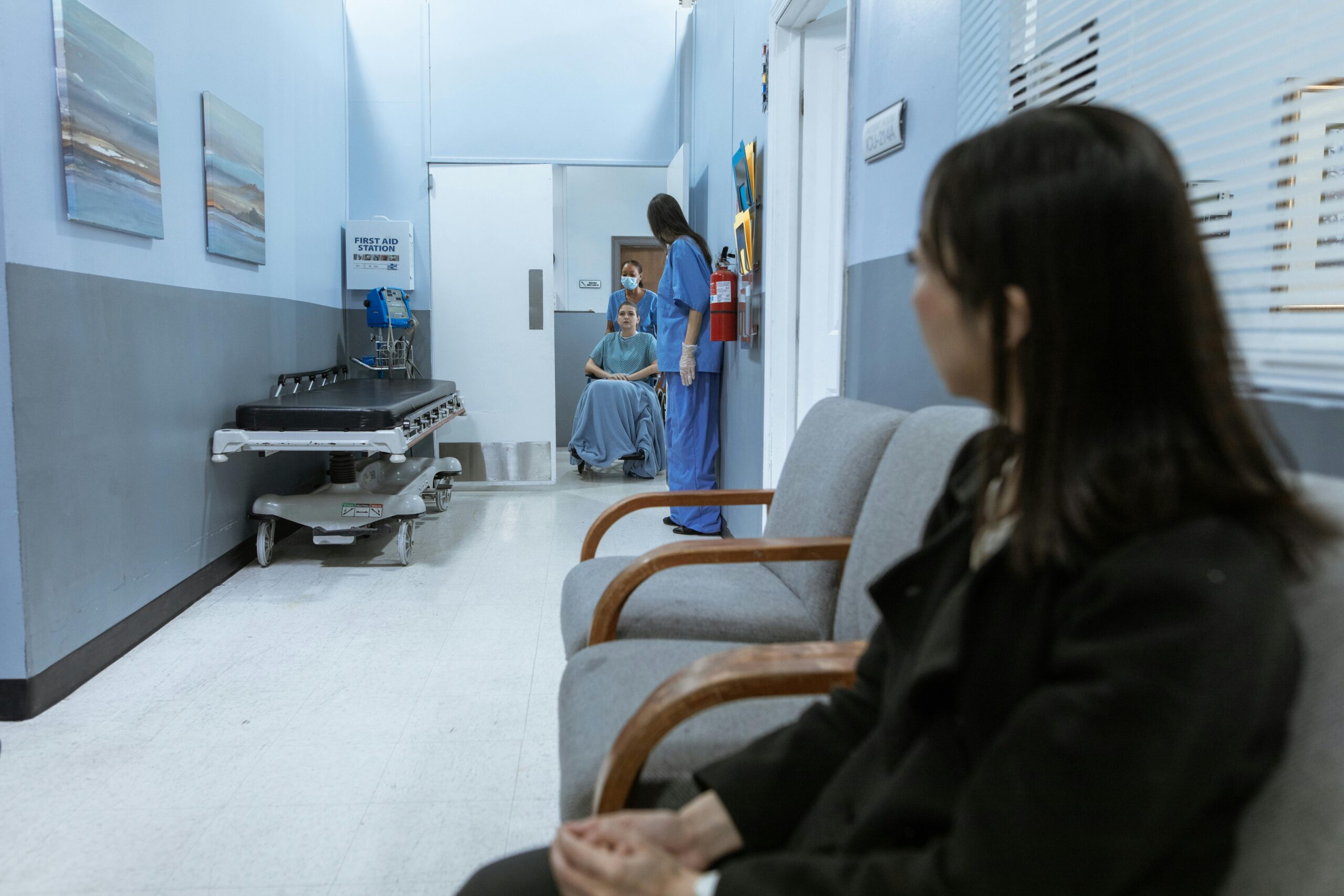Publication of Second Annual Report of National Screening Advisory Committee

The Minister for Health Stephen Donnelly has welcomed the publication of the 2021 Annual Report of the National Screening Advisory Committee (NSAC) and acknowledged the strong public response to the first NSAC Annual Call about population-based screening in Ireland.
This is the second NSAC annual report, which details the activities and progress achieved by the NSAC in 2021 and some key priorities for 2022.
One of the major achievements for the NSAC in 2021 was the launch of its first Annual Call for new population-based screening programmes or changes to our existing programmes.
The Annual Call, which launched in November 2021, received a large number of submissions (53) from members of the public, patient advocates, health services and health professionals. A half of the proposals were for new population-based screening programmes with the remainder for suggested changes to our established programmes. There was strong public interest in the Annual Call with approximately half of the submissions coming from the public or patient advocates.
Minister Donnelly said, \”the NSAC is now well established, and I welcome their second Annual Report which details significant progress in 2021. The Committee’s first ever annual call was a remarkable success. This engagement is of most importance and demonstrates that the public are interested in screening and are eager to see screening policy develop. I am fully supportive of our national screening programmes and look forward to receiving scientifically based recommendations from the NSAC following their consideration of the proposals received.\”
The report also details progress made by the NSAC on the expansion of the National Newborn Bloodspot Screening (NBS) Programme. In 2021 the NSAC asked HIQA to carry out a Health Technology Assessment (HTA) to assess the evidence for the addition of Severe Combined Immunodeficiency (SCID) to the NBS programme.
The Committee commissioned HIQA to produce a report which looked at ‘Review of international ethics frameworks used in policy-making in the context of screening’, which was published in November 2021.
Work is also ongoing on the development of a methodology for the prioritisation of conditions to the NBS programme for evidence assessment and evaluation by HIQA.
Minister Donnelly said, \”the expansion of the NBS Programme is a priority for me, and I am pleased to hear of the advances that the NSAC are making on this important work stream. I look forward to receiving a recommendation from the NSAC following the outcome of the HTA on SCID later in the year.\”
The development of an NSAC Ethics Framework, which began in 2021, is expected to be finalised this year. The Framework will provide the Committee with a structure to support its evaluation of population-based screening programmes. Decisions about screening can be complex and the Ethics Framework will be a useful tool that will support the NSAC in making these important decisions.
Chair of the National Screening Advisory Committee, Prof Niall O’Higgins said, \”the NSAC has made significant progress in 2021, with the most substantial development being the launch of our first Annual Call. The Committee was delighted by the response from the public. The response to the Annual Call will drive the development of population-based screening policy in Ireland. Involving the public in developing population-based screening policy is one of the most important aims of this Committee who wish to strengthen public trust.\”
\”A priority for 2022 is consideration and assessment of the proposals received, and the Committee will publish the full details of the proposals and the resulting work programme later this year. Screening programmes can help identify disease before it becomes dangerous and, by doing so, can allow interventions which can prevent and cure disease. As abundant evidence globally suggests, if applied properly, screening can prevent disease, improve cure rates, reduce serious complications and premature death and sustain a better quality of life and thus improve the health of the entire nation. It is important that the Committee continue to engage with the public to increase interest, engagement and confidence in screening.\”
The NSAC will publish its full work programme when it has finalised its assessment of all proposals received in Annual Call 2021. The Committee has already, at its February 2022 meeting, considered some proposals, including those relating to the existing national cancer screening programmes and made some decisions.
Following submissions received from several sources, including from BreastCheck, the Committee has decided to ask HIQA to look at the evidence to extend the age ranges for breast screening. The Committee also decided to ask HIQA to look at the age range for bowel screening.
The Committee made a recommendation to the Minister for Health for the adoption of a clinical guideline in the BowelScreen programme which was submitted by the programme to the Annual Call 2021. The Minister has approved this recommendation, and the BowelScreen programme is currently finalising the implementation and communication of this change.
You might also like
For relevant updates on Emergency Services news and events, subscribe to EmergencyServices.ie









